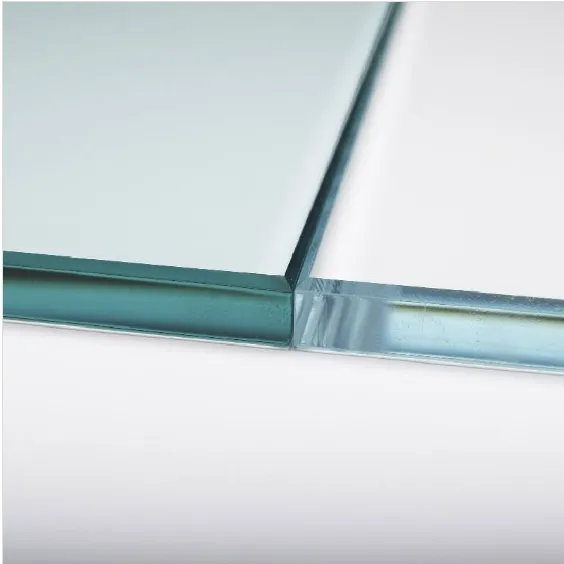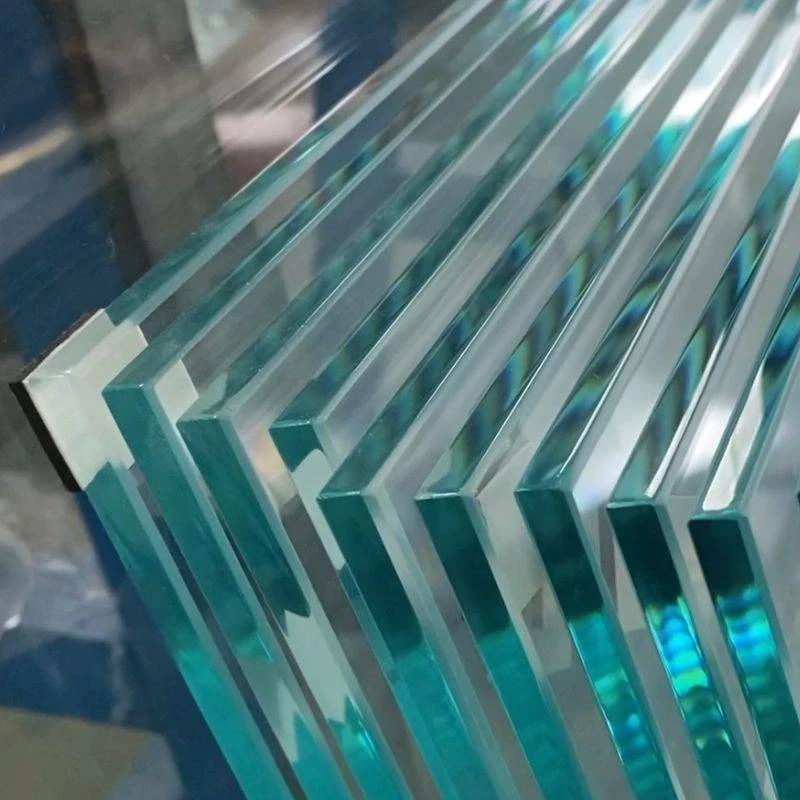Decorative glass panels have emerged as a transformative element in modern design, combining aesthetic allure with practical functionality. These panels, which are embedded with artistic designs or patterns, serve multiple purposes across commercial and residential spaces. Their versatility and appeal make them an essential component for anyone looking to add an elegant touch to their interior or exterior environment.

For homeowners and interior decorators, decorative glass panels offer an opportunity to create visually striking spaces. Residential applications range from using them as room dividers or shower enclosures, to incorporating them into kitchen cabinets or stair railings. By allowing natural light to filter through while maintaining privacy, these glass panels enhance the ambiance, creating a spacious and illuminated atmosphere. The integration of colored glass or etched patterns can reflect personal style and complement the home’s architectural features.
In commercial settings, decorative glass panels are increasingly being used to reinforce brand identity and values. Retailers incorporate custom-designed panels that double as a promotional tool, displaying logos or brand imagery. In office spaces, glass panels serve as partitions, offering acoustic control while maintaining an open and collaborative environment. The durability and low-maintenance nature of glass make it a practical choice for high-traffic areas. Moreover, using laminated or tempered glass can address safety concerns, making them a reliable option for public spaces.

A critical factor when selecting decorative glass panels is the type of glass and the technology used in its creation. Options include etched, frosted, stained, or back-painted glass, each offering different levels of opacity and design capabilities. Advanced manufacturing techniques, such as digital printing and sandblasting, enable intricate patterns and high-resolution imagery, ensuring that the final product is a perfect fit for the intended application.
The environmental impact of glass production has also become a consideration for many. Opting for glass products that are manufactured with sustainability in mind, such as those made from recycled materials or designed to improve energy efficiency, can reduce a building’s overall carbon footprint. Energy-efficient glass panels can contribute to insulation, reducing heating and cooling costs and creating a more sustainable living and working space.
decorative glass panels
In terms of installation and customization, collaborating with experienced professionals ensures that the glass panels not only meet aesthetic expectations but also comply with safety and building regulations. Expertise is crucial, especially when considering custom designs or installations in non-standard locations. Professional input can also help determine the ideal thickness, size, and type of glass necessary for specific projects, taking into account factors such as light exposure and structural support.
The rise in popularity of decorative glass panels has been accompanied by technological advancements, making now an ideal time to invest in this design trend. Whether for a contemporary or classic look, glass panels offer enough variety to satisfy diverse stylistic preferences. Their ability to bridge form and function, coupled with the technological advancements that continuously broaden their capabilities, positions them as an elemental feature in modern architecture.
When selecting glass panels, trustworthiness of the supplier is paramount. Reputable companies often have comprehensive portfolios showcasing previous work, offer warranties, and provide after-sales service, ensuring pieces are not only elegant but also long-lasting. Conducting thorough research and seeking client testimonials can provide additional assurance when making such a significant investment.
In conclusion, decorative glass panels are not just a transient trend but a lasting addition to quality design. Their adaptability, coupled with the broad range of customizable options, makes them ideal for enhancing both residential and commercial environments. Embracing this design choice involves considering the expertise of professionals, the sustainability of materials, and the reliability of your supplier, ensuring a result that embodies beauty, functionality, and longevity.



